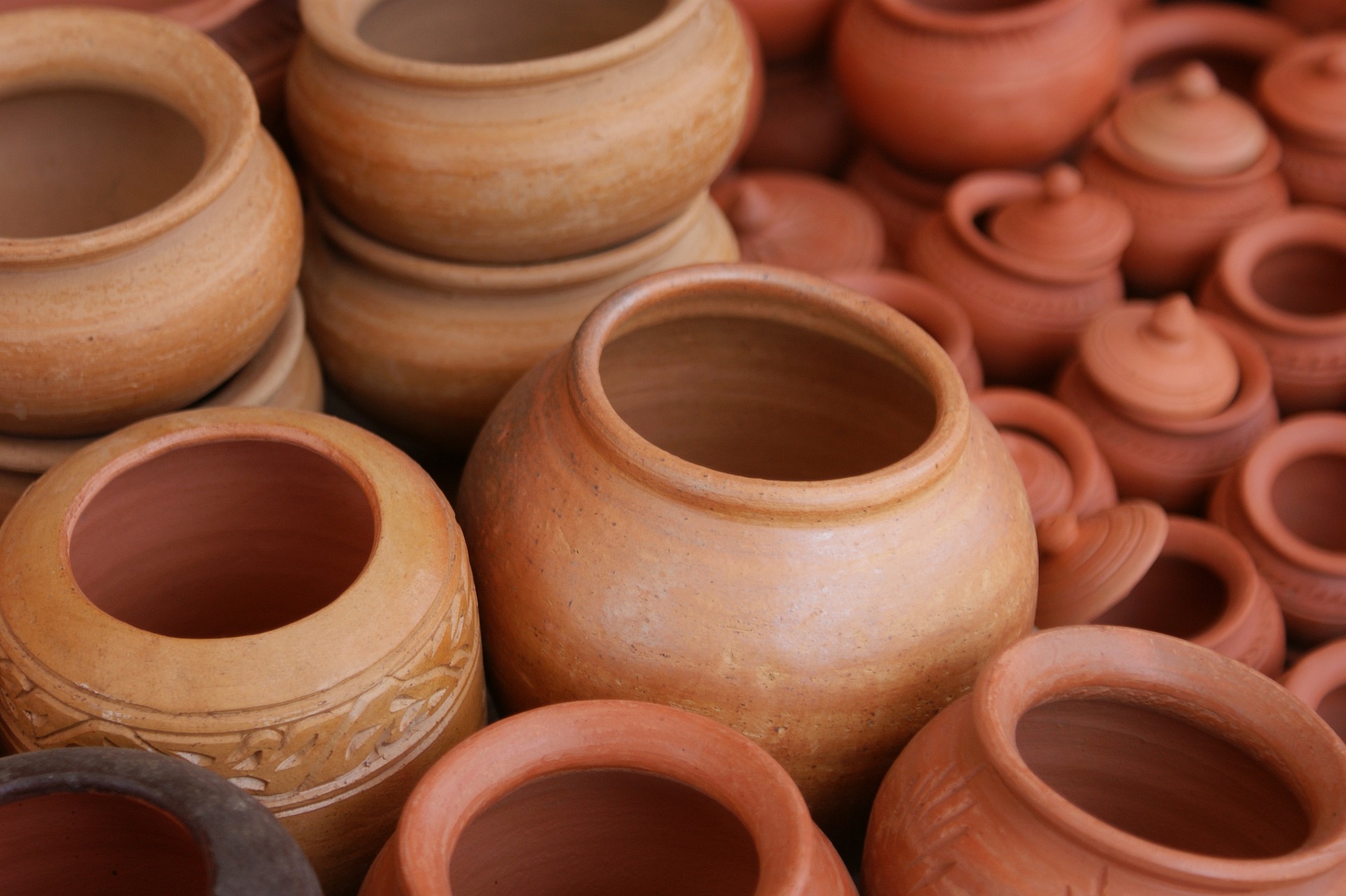News release
From:
Cuisine in transition? Organic residue analysis of domestic containers from 9th-14th century Sicily
Royal Society Open Science
Sicily during the 9th- 14th centuries AD experienced a series of rapid and quite radical changes in political regime, but until now, the impact of these regime changes to the lifeways of the people that experienced them has been elusive. This study investigates the lifeways of these people through the lens of cuisine. Here, organic residues trapped inside domestic containers were analysed to give direct chemical evidence of their contents. A range of commodities were identified through a multi-faceted organic residue analysis approach including; animal fats, vegetable and fruit products. This has given important insight not only into what foods were available but how they were combined, prepared and consumed by populations in both rural and urban sites in Sicily during this significant period of transition.



 International
International


